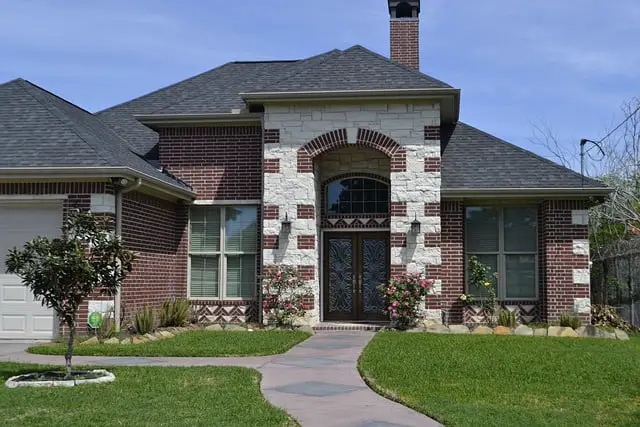
The Benefits of Adaptive Reuse in Real Estate Development
Introduction
Adaptive reuse is a term used in real estate development to describe the process of repurposing an existing building or structure for a new use. This approach to real estate development has become increasingly popular in recent years due to its many benefits. In this article, we will explore the benefits of adaptive reuse in real estate development and provide examples of successful adaptive reuse projects.
What is Adaptive Reuse?
Adaptive reuse is the process of taking an existing building or structure and repurposing it for a new use. This approach to real estate development is becoming increasingly popular due to its many benefits. Adaptive reuse can be used for a variety of purposes, including commercial, residential, and mixed-use developments.
The Benefits of Adaptive Reuse
There are many benefits to adaptive reuse in real estate development. Here are just a few:
- Cost Savings: Adaptive reuse can be a cost-effective way to develop real estate. By repurposing an existing building or structure, developers can save money on construction costs and reduce the amount of waste generated during the development process.
- Preservation of Historic Buildings: Adaptive reuse can help preserve historic buildings and structures that might otherwise be demolished. This can help maintain the character and charm of a neighborhood while still allowing for new development.
- Sustainability: Adaptive reuse is a sustainable approach to real estate development. By repurposing existing buildings and structures, developers can reduce the amount of waste generated during the development process and reduce the environmental impact of new construction.
- Community Benefits: Adaptive reuse can benefit the community by providing new amenities and services. For example, an old factory could be repurposed into a mixed-use development that includes retail, office space, and residential units.
Examples of Successful Adaptive Reuse Projects
There are many examples of successful adaptive reuse projects in the United States. Here are just a few:
- The High Line: The High Line in New York City is a 1.45-mile-long elevated park that was built on an old railroad track. The park has become a popular destination for tourists and locals alike and has helped to revitalize the surrounding neighborhood.
- The Ace Hotel: The Ace Hotel in Los Angeles was built in a historic building that was originally a United Artists theater. The hotel has become a popular destination for travelers and has helped to revitalize the surrounding neighborhood.
- The Ponce City Market: The Ponce City Market in Atlanta was built in an old Sears, Roebuck & Co. building. The mixed-use development includes retail, office space, and residential units and has become a popular destination for locals and tourists alike.
FAQs
What types of buildings are suitable for adaptive reuse?
Adaptive reuse can be used for a variety of building types, including factories, warehouses, office buildings, and even churches. The key is to find a building that has good bones and can be repurposed for a new use.
What are the challenges of adaptive reuse?
One of the biggest challenges of adaptive reuse is finding a building that is suitable for repurposing. In some cases, the cost of renovating an existing building can be higher than the cost of building new. Additionally, there may be zoning or regulatory issues that need to be addressed.
What are the benefits of adaptive reuse for the environment?
Adaptive reuse is a sustainable approach to real estate development. By repurposing existing buildings and structures, developers can reduce the amount of waste generated during the development process and reduce the environmental impact of new construction.
Conclusion
Adaptive reuse is a cost-effective, sustainable, and community-focused approach to real estate development. By repurposing existing buildings and structures, developers can save money, preserve historic buildings, and benefit the community. Successful adaptive reuse projects, such as The High Line, The Ace Hotel, and The Ponce City Market, have helped to revitalize neighborhoods and provide new amenities and services. If you are considering a real estate development project, consider the benefits of adaptive reuse.